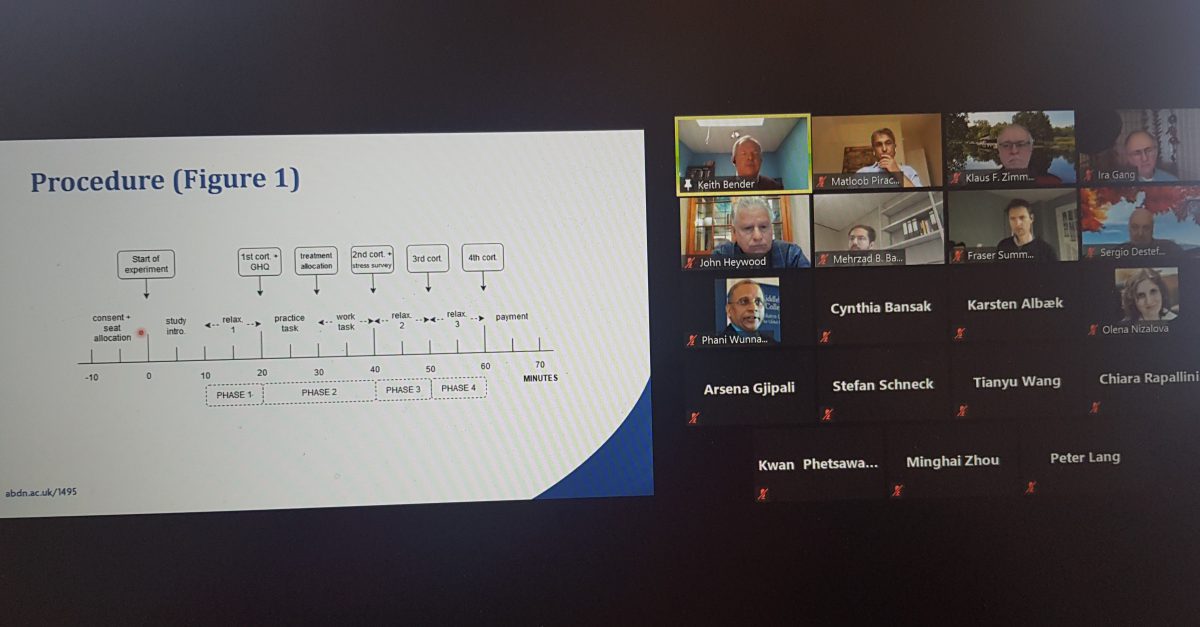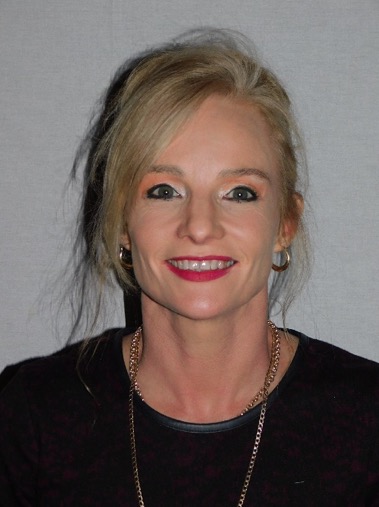A new GLO Discussion Paper shows that deregulation creates jobs.
The Global Labor Organization (GLO) is an independent, non-partisan and non-governmental organization that functions as an international network and virtual platform to stimulate global research, debate and collaboration.
GLO Discussion Paper No. 836, 2021
Entry Regulation and Competition: Evidence from Retail and Labor Markets of Pharmacists – Download PDF
by Rostam-Afschar, Davud & Unsorg, Maximiliane
GLO Fellow Davud Rostam-Afschar
Author Abstract: We examine a deregulation of German pharmacists to assess its effects on retail and labor markets. From 2004 onward, the reform allowed pharmacists to expand their single-store firms and to open or acquire up to three affiliated stores. This partial deregulation of multi-store prohibition reduced the cost of firm expansion substantially and provides the basis for our analysis. We develop a theoretical model that suggests that the general limitation of the total store number per firm to four is excessively restrictive. Firms with high managerial efficiency will open more stores per firm and have higher labor demand. Our empirical analysis uses very rich information from the administrative panel data on the universe of pharmacies from 2002 to 2009 and their affiliated stores matched with survey data, which provide additional information on the characteristics of expanding firms before and after the reform. We find a sharp immediate increase in entry rates, which continues to be more than five-fold of its pre-reform level after five years for expanding firms. Expanding firms can double revenues but not profits after three years. We show that the increase of the number of employees by 50% after five years and the higher overall employment in the local markets, which increased by 40%, can be attributed to the deregulation.

GLO Discussion Papers are research and policy papers of the GLO Network which are widely circulated to encourage discussion. Provided in cooperation with EconStor, a service of the ZBW – Leibniz Information Centre for Economics, GLO Discussion Papers are among others listed in RePEc (see IDEAS, EconPapers). Complete list of all GLO DPs – downloadable for free.
Ends;























